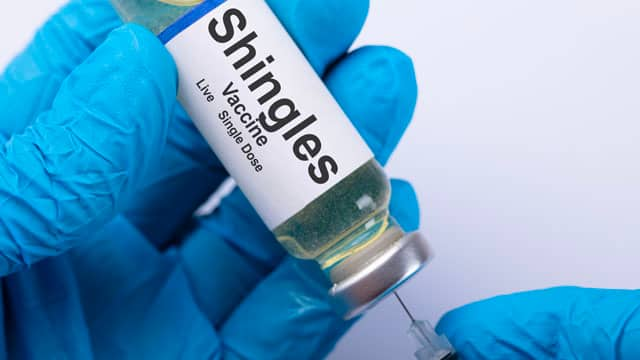So what does HPV have to do with oral health and men? We’ll walk through knowledge about prevention as well as how maintaining great oral health can help you spot symptoms and determine the best treatment options.
HPV Symptoms in Men
While most HPV infections go away on their own and don’t cause health problems, some infections do stick around. According to the Center For Disease Control (CDC), it’s possible to get HPV symptoms months or even years after initially getting infected. And sometimes, a Human Papilloma Virus diagnosis can lead to certain types of cancer.
In general, Human Papilloma Virus signs and symptoms in men could come in the form of warts, growths, lumps, or sores on the penis, scrotum, anus, mouth, or throat, and are due to transmitting the disease through sexual or skin-to-skin contact.
But what about HPV in the mouth? According to the University of California, San Francisco, oral HPV is thought to spread through deep tongue kissing and oral sex, however, there are no symptoms of oral HPV. About 10% of men and 3.6% of women have oral HPV, according to the CDC, and luckily most oral HPV infections don’t cause any health problems and go away without treatment within two years. That being said, certain types of HPV can cause oropharyngeal (throat) cancer. Symptoms of oropharyngeal cancer can include:
- Cough, or coughing up blood
- Pain when swallowing
- Lumps in the neck or cheek
- High-pitched or abnormal breathing sounds
- Lesions on the tonsils
- Pain or swelling in the jaw
- Sore throat that lasts more than three weeks and does not go away with antibiotics
- Persistent hoarseness in the throat
- Swollen lymph nodes
HPV is thought to cause 70% of oropharyngeal cancers in the United States. The development of oropharyngeal cancer due to HPV is about three times less prominent in females than in men of the same age. Typically, it takes years after getting HPV for cancer to develop, and it’s undetermined if HPV alone is the sole cause of oropharyngeal cancers or if other factors work with HPV to cause cancer (like smoking tobacco). Further, HPV is not known to cause other types of cancer in the head and neck.
What Can I Do to Prevent Oral HPV?
There are two ways to reduce your risk of getting HPV:
- Barriers, such as condoms and rubber dams, can help prevent the virus's contraction through sexual contact.
- Vaccinations for HPV have been proven effective for girls and boys as early as the teenage years to prevent the occurrence of the virus and related oral cancers.
Oral HPV and Dental Care
The good news is that oral cancer, when detected early, yields a prognosis for recovery that is very good. That's why it’s vital to seek regular dental care, when a screening can be performed to check for oral cancer, including oropharyngeal cancers caused by HPV. This includes a thorough exam of the base of the tongue and throat.
For more information about HPV and oral cancers, ask your doctor. Sometimes the best information about vaccines and treatment you may be eligible for can be found right in your community. The more knowledge you have, the better equipped you are to prevent any HPV-related infections and maintain your bright and healthy smile.
Oral Care Center articles are reviewed by an oral health medical professional. This information is for educational purposes only. This content is not intended to be a substitute for professional medical advice, diagnosis or treatment. Always seek the advice of your dentist, physician or other qualified healthcare provider.
ORAL HEALTH QUIZ
What's behind your smile?
Take our Oral Health assessment to get the most from your oral care routine
ORAL HEALTH QUIZ
What's behind your smile?
Take our Oral Health assessment to get the most from your oral care routine















